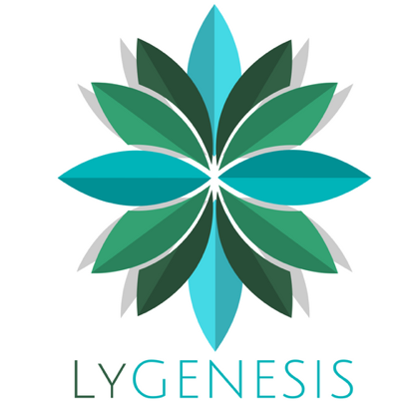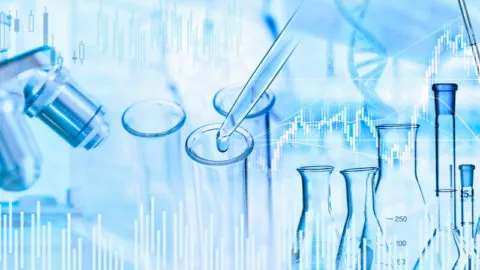
Organization Description
LyGenesis is developing organ regeneration technology that uses patients’ own lymph nodes to grow functioning ectopic neo-organs as a solution to the organ shortage. Over a decade ago, Dr. Eric Lagasse launched a series of experiments that would lead to the idea that lymph nodes might be used to grow additional organs [1-2]. Their technology harnesses the lymph node’s normal physiologic function as a bioreactor for T-cells to vascularize donor cells, which engraft, expand, and fulfill many of the functions of the intact organ.
Because they transplant cells and not whole organs, one donor can fulfill the needs of many people in need of an organ. Moreover, LyGenesis can deliver their therapy into the patient via endoscopic ultrasound, which lowers the costs and surgical risks of the procedure compared to a traditional organ transplant.
LyGenesis has conducted proof-of-concept experiments for thymic (aging and immunosenescence), kidney (end-stage renal disease), and pancreatic tissue (Type I and advanced Type II diabetes). Of particular interest to longevity biotechnology is the thymus, which is responsible for training T cells. Its gradual involution leads to immunosenescence, which is permissive for senescent cell accumulation and greatly increases older people’s vulnerability to infectious disease, autoimmune disease, and cancer. A supplemental neo-thymus might make people less vulnerable to all of these conditions.
In 2021, the company developed a “a novel hydrogel with growth factors and a proprietary patent-pending surgical catheter to engraft our cell therapy under the liver capsule of patients, enabling a large mass of cells to be engrafted and nurtured by the patient’s liver” in an antipated indication for pediatric patients born with errors of metabolism.
LYG-LIV-001 for Bridging Liver Transplant
LYG-LIV-001 is LyGenesis’ experimental ectopic liver solution. After demonstrating the technique’s effectiveness for liver regeneration in mice, dogs and pigs, LyGenesis researchers performed their first procedure in a human patient in a Phase IIa trial in March of 2024. Donor hepatocytes are isolated and suspended in solution under current Good Manufacturing Practices (cGMP) conditions and transplanted into the patient’s upper abdominal lymph nodes using endoscopic ultrasound. At this stage, the technique is only being used to bridge patients until a suitable liver for transplant becomes available. In March of 2025, the company announced that the Data and Safety Monitoring Board (DSMB) for the trial “had completed its review of the first cohort of the company’s Phase 2a clinical trial for patients with end-stage liver disease and has recommended that the trial continue and dose escalate as previously planned for the next four patients.”
References
Development of Ectopic Livers by Hepatocyte Transplantation Into Swine Lymph Nodes




